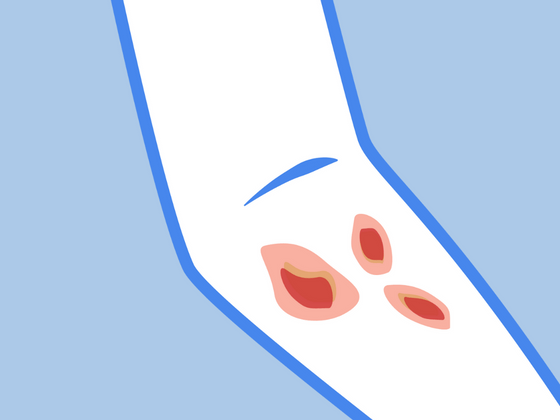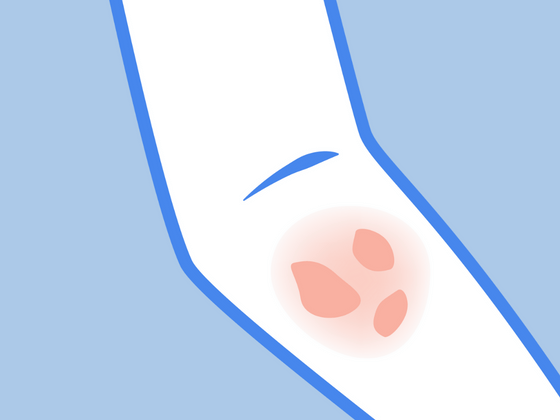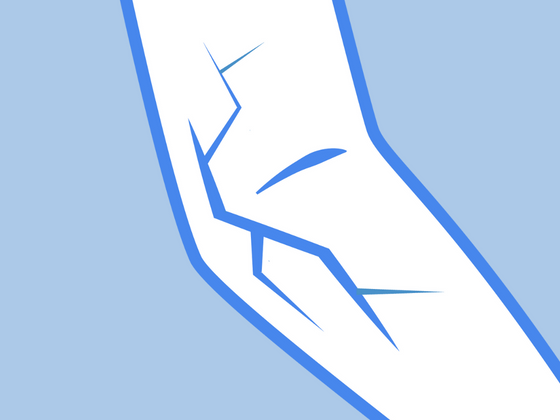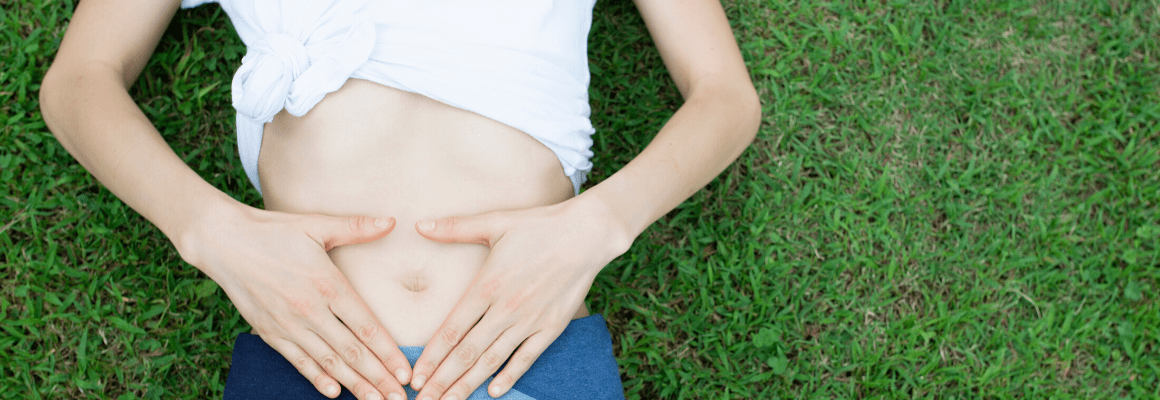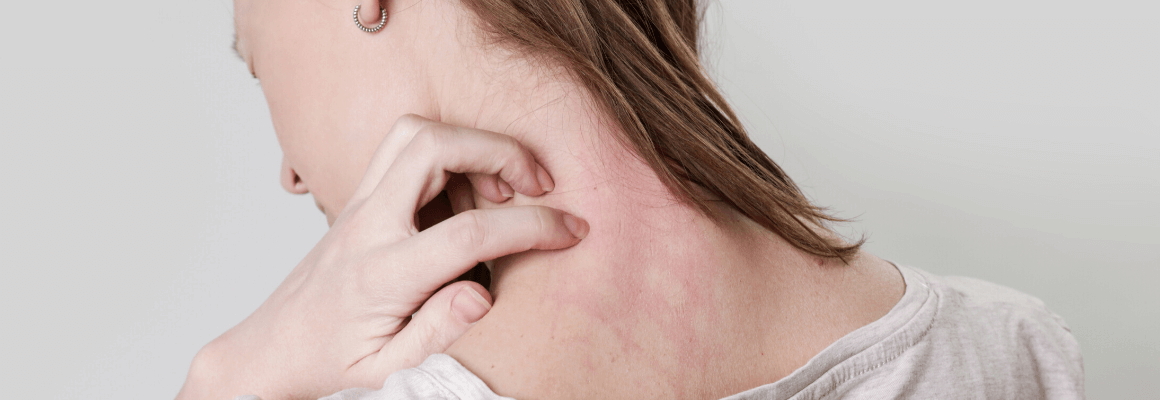Do you suffer from eczema on your palms? Characterized by red, inflamed and swollen skin (and sometimes accompanied by blisters) palm eczema is an uncomfortable condition that can have a great impact on daily life (Just think about how often you use your hands in a day!).
It can be triggered by skin contact with allergens such as perfumes, metals, rubber or leather and tends to more commonly affect those who work as cleaners, carers, hairdressers, construction workers, and chefs.
Keep reading to learn more about what characterizes palm eczema — including causes, symptoms, and treatment options.
Please keep in mind that although these tips can relieve eczema, we are in no way medical professionals. If you’re experiencing severe eczema symptoms like an infection, it is best to seek medical advice immediately.
What is Dyshidrotic Eczema?
Palm eczema is most commonly considered dyshiodrotic eczema. This condition is also known as vesicular eczema, dyshidrosis, foot-and-hand eczema, and palmoplantar eczema.
It involves small, intensely itchy eczema blisters that develop on the edges of the fingers, toes, soles of the feet, and the palms of the hands.
It tends to develop in adults ages 20 through 40, but it can also affect children. The blisters associated with it are itchy, painful, and are usually filled with fluid. Typically, they last for two to four weeks and are known to flare-up during the spring allergy season. As the blisters begin to dry, they cause the skin to feel thick and spongy, and may even cause the skin to crack, especially if it’s been subject to scratching.
Causes of Eczema on Palms
Like all types of eczema, dyshidrotic eczema isn’t contagious. It’s impossible to “catch” dyshidrotic eczema from another person, or pass it on to someone else. Instead, a person develops eczema due to a combination of environmental and genetic factors. That’s why dyshidrotic eczema tends to run in families. Eczema is also triggered by a variety of irritants and allergens including:
- Allergens: Pollen, pet fur, and mold, as well as certain fabrics such as wool, latex or nylon can exacerbate symptoms
- Prolonged Contact with water
- Chemical Irritants: Chemicals found in soaps, detergents, perfumes, and shampoos can trigger eczema, as well as any skin care products that contain fragrance or alcohol
- Stress:Stress causes an inflammatory condition, like eczema, to worsen
-
Sweat: Moist hands from excessive sweating can trigger a flare-up
- Extreme weather conditions: Dry, winter air or extremely hot temperatures
- Certain Foods: Eggs, dairy products, and nuts, are common culprits for triggering eczema. To discover your food triggers, consider trying an eczema elimination diet.
Symptoms of Palm Eczema
- Small blisters on the palms or side of the fingers
- Redness and itching
- Sweating around the blisters
- Scaly or cracked skin
- Painful or tender to the touch
- Areas of crusting or swollen skin
- Blisters that may pus
How to Treat Eczema on Palms
Wearing gloves is the perfect eczema on palm of hand treatment. We especially love Remedywear’s fingerless gloves for adults and kids. Made with TENCEL and embedded with anti-inflammatory zinc, they provide much needed relief for eczema on palms and hands. Thanks to their moisture-wicking sweat-control that prevents chafing, they’re extremely comfortable to wear throughout the day or overnight. Plus, the work great dry, with no need for wet-wrapping!
You can also try our Organic Manuka Skin Soothing Cream. It works wonders soothing irritated, itchy skin, thanks to nourishing ingredients such as Manuka honey, beeswax and tree nut-free oils.
References:
https://nationaleczema.org/eczema/types-of-eczema/hand-eczema/
https://www.healthline.com/health/dyshidrotic-eczema
https://www.medicalnewstoday.com/articles/320831.php
https://nationaleczema.org/eczema/types-of-eczema/dyshidrotic-eczema/
------------------

Bio: Laura is a contributor and content developer for The Eczema Company. She is in no way a medical professional. Her comments, suggestions, and reflections are not intended to replace any medical advice. Always seek the help of a medical professional before undertaking any diet or lifestyle changes.

